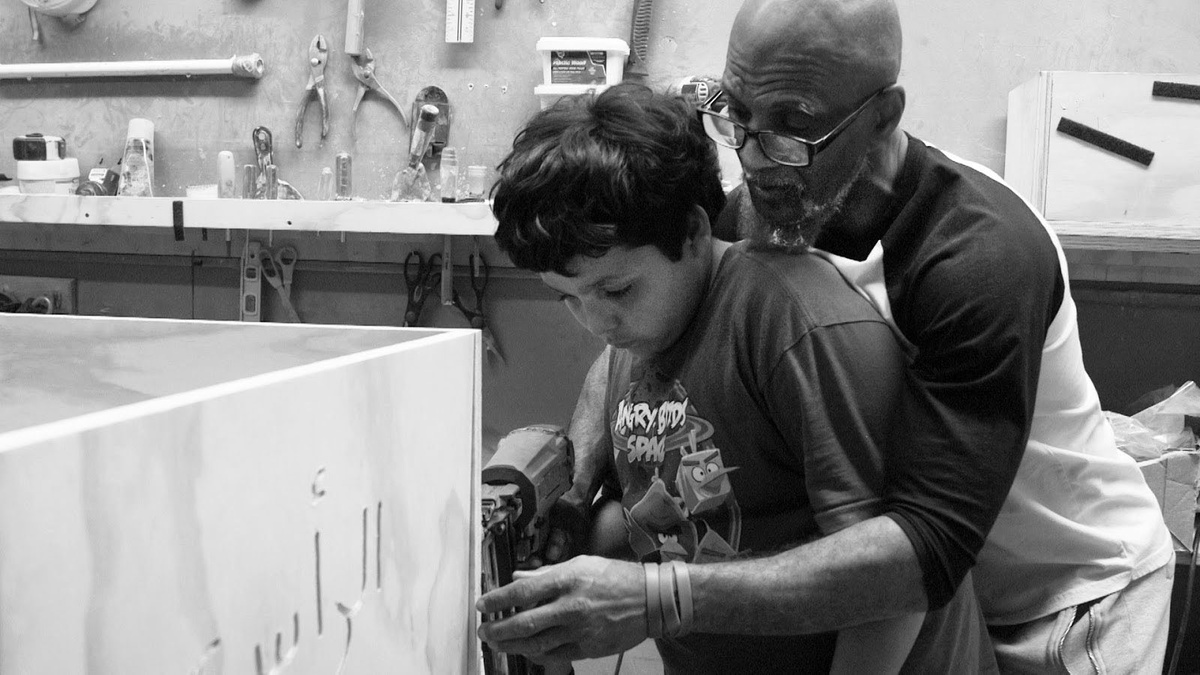
Essential Doc Reads is our curated selection of recent features and important news items about the documentary form and its processes, from around the internet, as well as from the Documentary magazine archive. We hope you enjoy!
Over at Variety, Elsa Keslassy speaks to Thierry Fremaux, the artistic director of the Cannes Film Festival, two weeks before the festival is slated to announce its lineup.
It will be magnificent. We already have the music of the opening credits to Cannes, the one composed by Camille Saint-Saëns, in our heads. The desire to be at the center of ovations, perhaps boos… the particular atmosphere. A Cannes festival, it’s live spectacle — like the theater. Those who announce its passing are wrong. Even if we must never stop fighting.
TV Format’s Mansha Daswani interviews the producers of RuPaul’s Drag Race about how as the show is traveling travels far and wide.
One of the anxieties was, Oh, the British queens are very different from the American queens; they are going to be so much less Hollywood! There was an anxiety that it wouldn’t be as good. And, of course, it’s fabulous in a whole bunch of different ways. The moment Baga Chipz walked out and talked about battered sausage and Daddies hot sauce, it was like, Ooh my god, we’re in a totally different world here!
Realscreen’s Jillian Morgan reaches out to TV execs about the ways in which they want to evolve the true-crime genre.
In the post-Tiger King era, characters are also crucial. The true-crime audience is evolving. Now more than ever, true-crime viewers are incredibly discerning, and they’re not monolithic. Some want a great mystery, some want social or cultural commentary, some are looking for an emotional gut punch. There are some viewers who want cut-and-dried answers and others are happy with ambiguity. So, it’s complicated. I think above all, viewers pride authenticity.
Sergei Loznitsa speaks to Mubi Notebook’s Hugo Emmerzael about his “monumental archival documentary,” State Funeral.
I always want to know what I'm dealing with. What is it that we’re facing and where am I positioned in all of this? I’ve asked myself these questions since I was a child. When I was about four or five years old, I already felt like I somehow had ended up in the wrong place at the wrong time. Something was wrong in the world around me, but I couldn't quite work out what it was. Ever since, I've been trying to work that out.
The director and producer of Two Gods, Zeshawn and Aman Ali, speak to The Moveable Fest’s Stephen Saito about accepting the cycle of life and death, and the ways in which it shaped their film.
...very often when it comes to communities of color, they’re very often talked about in terrible, very hurtful, racist ways and for us, especially in a city like Newark, New Jersey, there’s a lot of skepticism when anybody comes in the community with cameras. Our lens was, There's a reason why people live here and why people take genuine pride and joy in being a part of this community, so let’s see people the way they see themselves.
CAAM’s Grace Hwang Lynch profiles Chef Tu David Phu, the protagonist and the producer of Bloodline, which that recently played at CAAM Fest.
We understand that there’s deep trust that needs to be built before we turn on the camera. So, we didn’t just roll up our sleeves; we took off our shoes, we talked story in the kitchen, and we validated his parent’s journey through a home-cooked meal.
POV Magazine’s Susan G. Cole interviews Elizabeth D. Costa, the director of Bangla Surf Girls, which that recently premiered at Hot Docs.
“I don’t know how to swim,” she admits in a telephone interview, “but I felt a connection with the sea and these girls. When I was holding the camera I forgot there was water.” And she did finally surf herself, an accomplishment, for sure, but the essential triumph is the film itself.
From the Archive, July 2001 issue: "Leni Riefenstahl's Olympia"
Riefenstahl also introduced the 1936 version of “Goodyear blimp” overhead shots, but IOC officials turned that down as too dangerous. She even tried tying small cameras to balloons and letting them fly over the action, but the end result was just unuseable footage.
IN THE NEWS
Dawn Porter Named 2021 Guggenheim Honoree
A Hybrid Sundance in 2022
Sheffield Unveils 2021 Program
DOK Fest Munich Announces 2021 Awards
Reel Change: The Fund for Diversity in Film Scoring Announces Inaugural Grantees
Documentary Association of Europe Raises Concerns Over the New Creative Europe Programme
BAM Is Back!
A $150 Billion Merger for WarnerMedia and Discovery
ESPN’s Fifty/50 Commemorates 50 Years of Title IX
A Secret Neon Film By Jafar Panahi, Laura Poitras and Others